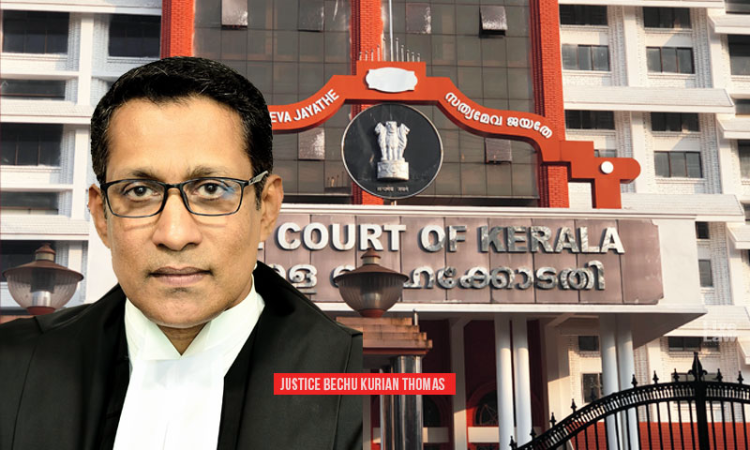Passport Cannot Be Denied To Child On Sole Ground That One Parent Is Non-Indian Citizen : Kerala High Court
Hannah M Varghese
16 March 2022 5:23 PM IST

No prohibition on incorporating a non-citizen as legal guardian in the passport of a minor child.
Next Story


